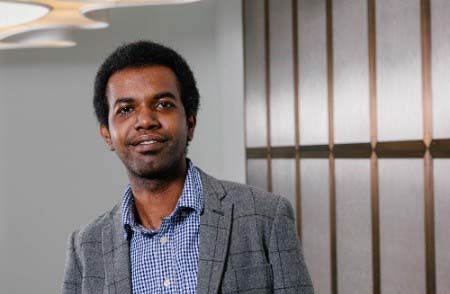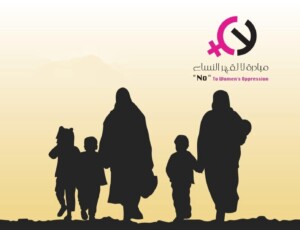HRW researcher: Sudan transitional justice needs broad societal discussion

Human Rights Watch (HRW) researcher Mohamed Osman (Photo: Supplied)
KHARTOUM –
The international community sponsoring Sudan’s Framework Agreement “should not repeat the 2019 experience,” says Human Rights Watch (HRW) researcher Mohamed Osman. He also calls for including criminal justice in the discussions on transitional justice.
Mohamed Osman told Radio Dabanga that the international and regional community sponsoring the Framework Agreement should be careful not to repeat the experience of the transitional government of 2019, “by producing a quick and top-down political solution, which will not serve the democratic transition, nor contribute to political stability.
“Sudan is witnessing an economic collapse. The oppression of freedoms continues, and violence continues to be used against the displaced people in Darfur, against peaceful resistance committees. In light of these conditions, it is not possible to reach a real solution,” he said.
Inclusive
He further drew a line with the 2019 talks between the military and the Forces for Freedom and Change (FFC). “There are a number of problems concerning the Framework Agreement, especially the boycott of a number of voices, such as the resistance committees, the families of the people killed during the revolution, and the many displaced in the country, in addition to the lack of clarity about its main agenda.”
During talks about the establishment of a transitional parliament in November 2019, the resistance committees were informed very late. The FFC alliance of political parties and groups already had discussed the formation with the signatories of the Juba Peace Conference and other groups before involving the resistance committees. The resistance committees withdrew from an important meeting on the subject.
‘Transitional justice cannot be carried out in a top-down manner, in isolation from issues of security and military reform…’
The distrust between the groups continues until now. During the current political process, the FFC ignored the Revolutionary Charter for the Establishment of the People’s Authority, released by the resistance committees on October 6. Last week, resistance committees in Khartoum announced that they are forming local legislative councils in the city’s districts.
Criminal justice
Osman further called for the need to include criminal justice in the discussions on justice and transitional justice, especially with regard to the human rights violations of the regime of ousted President Omar Al Bashir and its aftermath, including post-coup violence.
“Transitional justice issues need a broad societal discussion. All groups that have been subjected to forms of violence must be involved, whether after the coup, during or before the former transitional period,” he stressed.
“Transitional justice cannot be carried out in a top-down manner, in isolation from issues of security and military reform… I do not expect that any progress will be made in reaching transitional justice with the presence of the violators themselves in sovereign positions,” Osman concludes.











 and then
and then